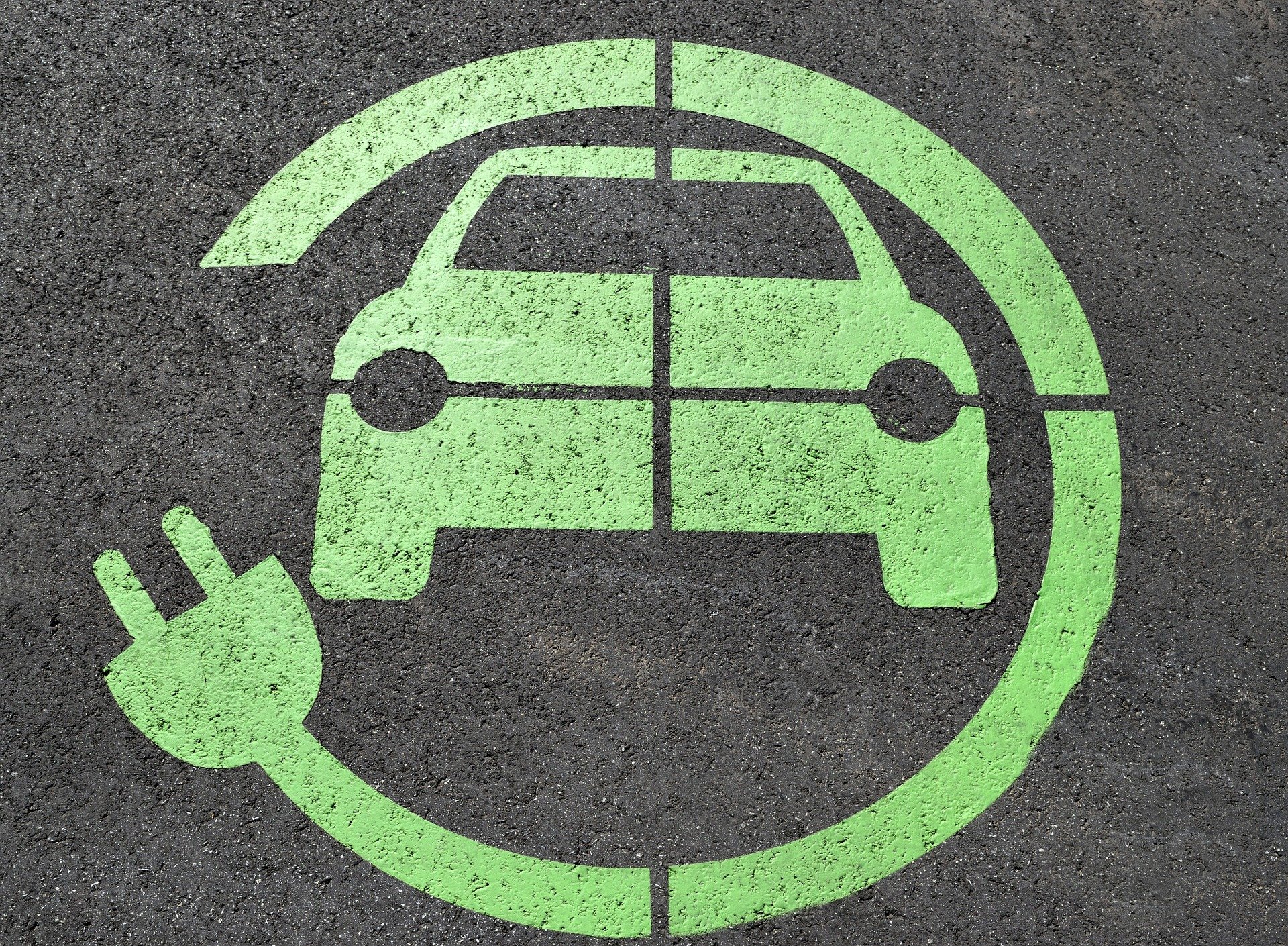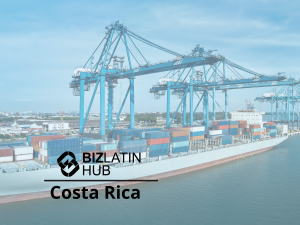Costa Rica made international headlines last year when it ran for 300 days on 100% renewable energy. The small Central American nation has an incredible environmental reputation that is known and respected worldwide. Over the last four years, 98.53% of the country’s electricity came from renewable sources. It also hosts an excellent business environment. Costa Rica’s commitment to sustainability has made its rich natural landscapes work for themselves. Wind, water, volcanoes and sun now power the country.
However, there is still growing demand for gas due to a high car ownership percentage and public transport. In response, last month the Costa Rican government launched a decarbonization plan to rid the country of fossil fuels by 2050. There is a direct focus on transport. Firstly, to have 70% of public transport running on electricity by 2035 and full compliance by 2050. Secondly, the introduction of an electric train that will link cities across Central Costa Rica.
As Costa Rica begins the electrification of its economy, by the form of renewables, we look at business opportunities in Costa Rica’s electricity sector.
Opportunity in Electricity Sector in Costa Rica – The decarbonization plan
A key advocate behind this plan is Claudia Dobles, an urban planner who is also the First lady. This ambitious goal won’t be met overnight but in the long run, it’s achievable. As well as benefitting the environment, the plan also looks to improve the quality of life for Costa Ricans. The Costa Rican motto ‘Pura Vida’ (Pure Life) will extend to all parts of the economy. The plan also solidifies Costa Rica’s commitment to its ecotourism industry.

Although the plan focusses on public transport, it’s not the only area that will be reformed. The agriculture and livestock industries will be incorporated into the plan. Innovative and sustainable solutions to make these two key industries more efficient provide opportunities for businesses with technical expertise and know-how. The installation of charging stations are rolling out throughout the country to promote electric vehicles.
Waste management also needs to be modernized, as it is the third largest contributor to greenhouse gas emissions. There is little composting or recycling in Costa Rica currently, and the development of new systems will be key.
The way Costa Rica goes about formulating its plan for decarbonization will be a model for the rest of the world to follow. It will be expensive and likely to require foreign funding, as initial estimates suggest the project will cost $6.5 billion, shared between public and private sectors. These are just some of the reasons foreign businesses should consider providing innovative solutions and expanding to Costa Rica.
Electric train ‘Tren-GAM’
The train will connect major cities from four provinces of Costa Rica’s Great Metropolitan Area and could be the revolutionize the public transport system. A study done by La Republica states the nation’s productivity would increase by 12 million worker hours per due to ‘Tren-GAM,’ as it’s called in Costa Rica. The upgrade includes plans to increase the number of stations to 42, from the current 24. Such efficiencies not only benefit direct consumers but also businesses in the region. Economic mobility is a direct result of an efficient public transport system. It promotes economic mobility and facilitates access to markets and resources.
Cycling out of congestion
Electric vehicles do their part by not contributing to global warming, but they don’t eliminate congestion. That’s why walking and biking also make up the plan behind Costa Rica’s new transportation system. Countries that have achieved high bike usage can investigate whether similar levels could be created in Costa Rica using similar methods.
As more citizens look to use bikes, demand for bike products and services will grow. Modifying the city’s infrastructure to become more cyclist friendly is also an area where international firms could provide consulting services. Bike sharing platforms such as Mobike have had success in Mexico City. Opportunities to develop e-bike sharing platforms also exist. The new electric train will connect with bike lanes so commuters can link and continue their journey.

Electric business opportunities
In late 2017 an Electric Transportation Bill was passed, establishing several tax exemptions for electric vehicles. As well as opportunities for businesses to benefit from the development of the electric train, the decarbonization plan supports other opportunities for electric transport.
Electric cars
Electric vehicles (EVs) are increasing in popularity throughout the world. The government has already installed a grid of charging stations that can charge a battery to 80% capacity in just 30 minutes. Private providers can also provide charging options in carparks and well as integrate them with other services such as media or healthcare. There will need to be sufficient and convenient charging stations to incentivize consumers to change over from gas. Car sharing programs have also had success in large cities like London. As the interiors of EVs have different servicing requirements, servicing firms are necessary.
As EV batteries use lithium, they need to be recycled. The global battery recycling market is growing quickly, projected to reach US$11.83 billion by 2022. Services will be required as the number of vehicles increases. Also noteworthy is Costa Rica’s large tourism industry, as there are currently a few EVs able to hire. Furthermore, the state postal service has purchased 30 electric service motorcycles. Further contract opportunities exist to supply firms with low-cost, electric transport solutions. The government aims to have 37,000 electric vehicles on Costa Rican roads by 2022 and have incentivized EV imports.
Electric buses
A high initial purchase cost will pay off over the lifetime of the bus, given the low operating and fuel costs. Firms that have technological capabilities can collaborate with local entities to implement the government’s initiatives. Rural schools that run a bus service for local students are also potential consumers. Given the Costa Rican government wants all public transport electric by 2050, there will be a huge overhaul of the bus system. The government is due to carry out a trial of 3 electric buses in 2019.
Electric scooters
Electric scooters operated by firms such as Lime and Grin have had tremendous success in markets all over the world. Businesses must consider how could such options be integrated into San Jose’s transport infrastructure system. Leading e-scooters firms such as Lime as not yet in Costa Rica so there first-mover advantages still exist.
Incorporating a local firm in Costa Rica is a great move in order to start taking advantage of the opportunities in the electricity sector.
Get Involved in Costa Rica
If you’re considering entrepreneurship in Costa Rica in 2019 and beyond, there are many elements to take into consideration. As well as incorporating a local company, you must also consider legal requirements, recruitment, due diligence, human resources, and more.
At Biz Latin Hub, we offer a range of services designed for entrepreneurs just like you, whether you’re planning to expand your business into the country or set up a new company. Get in contact with us today and let us support you and your business in Costa Rica.





